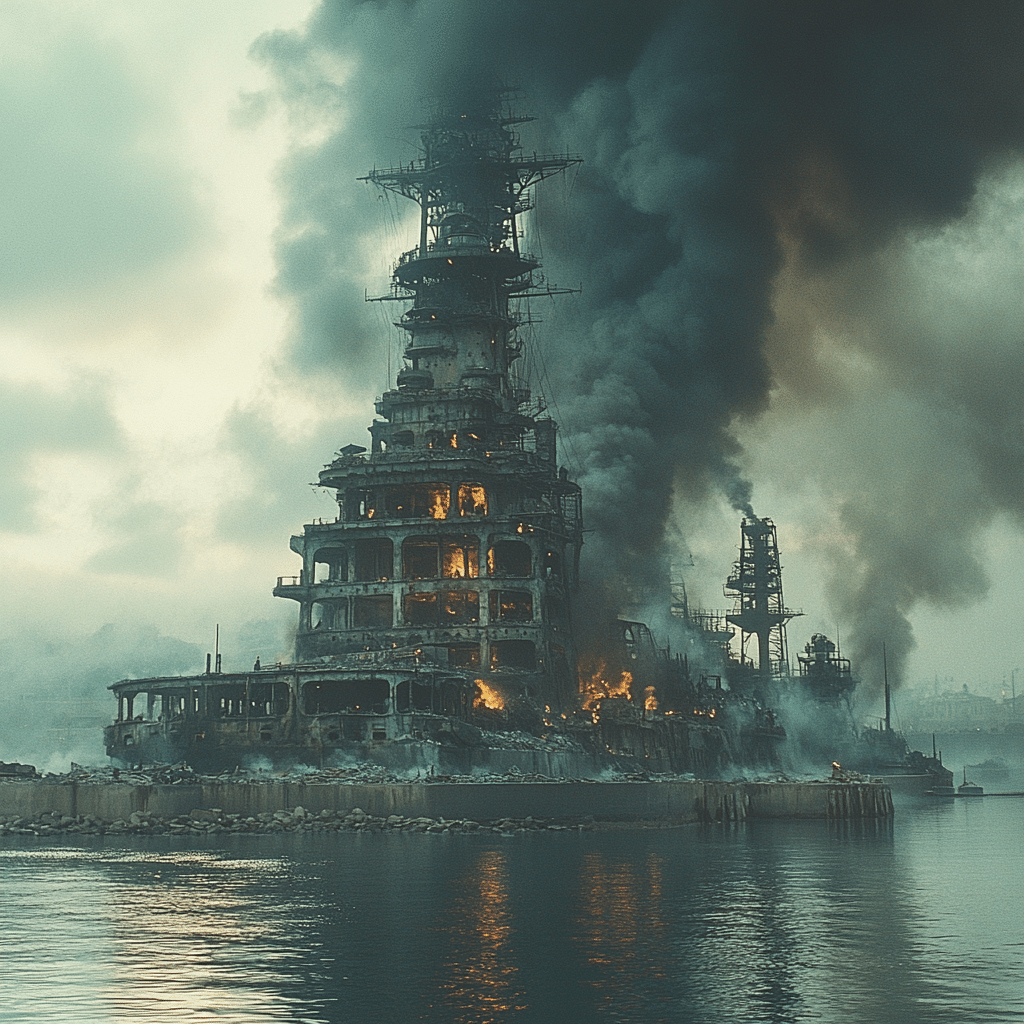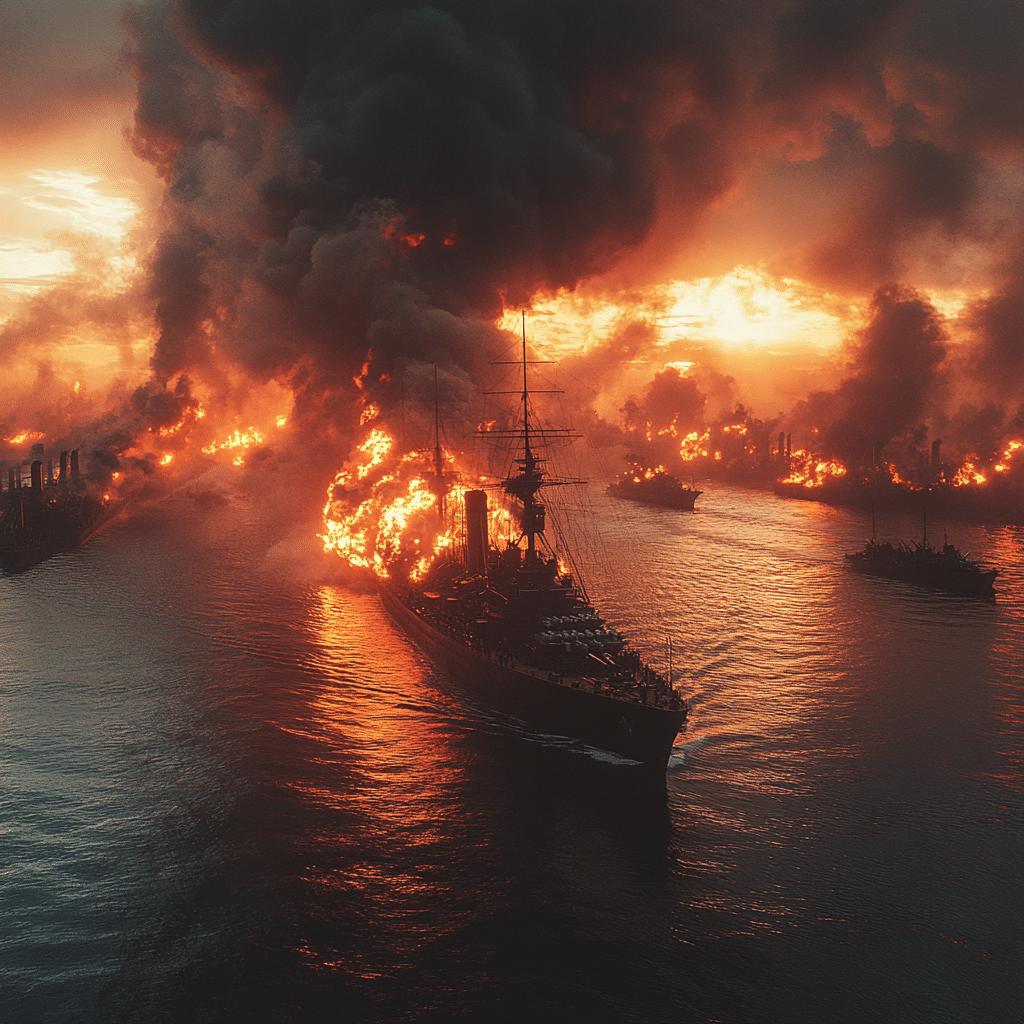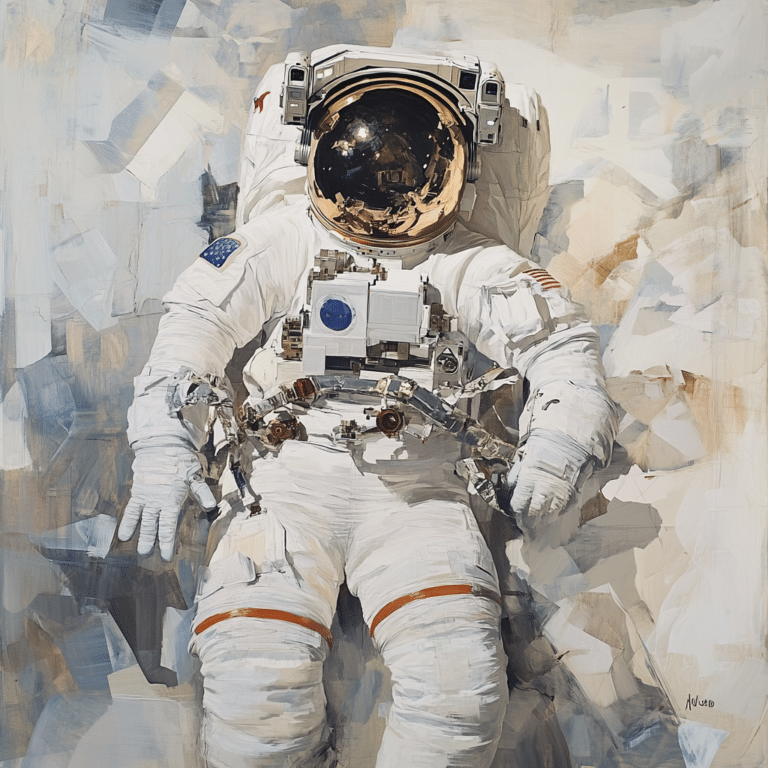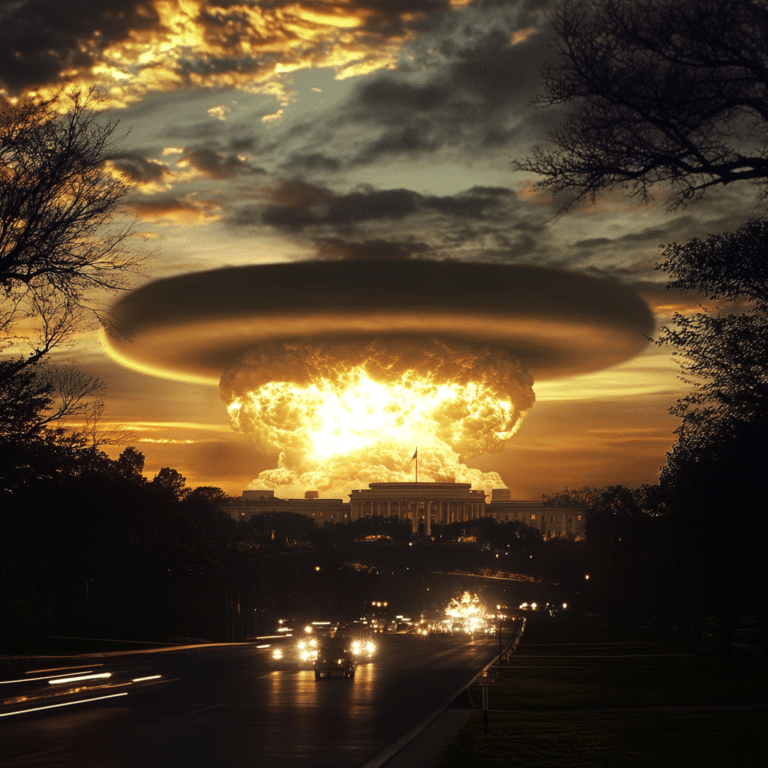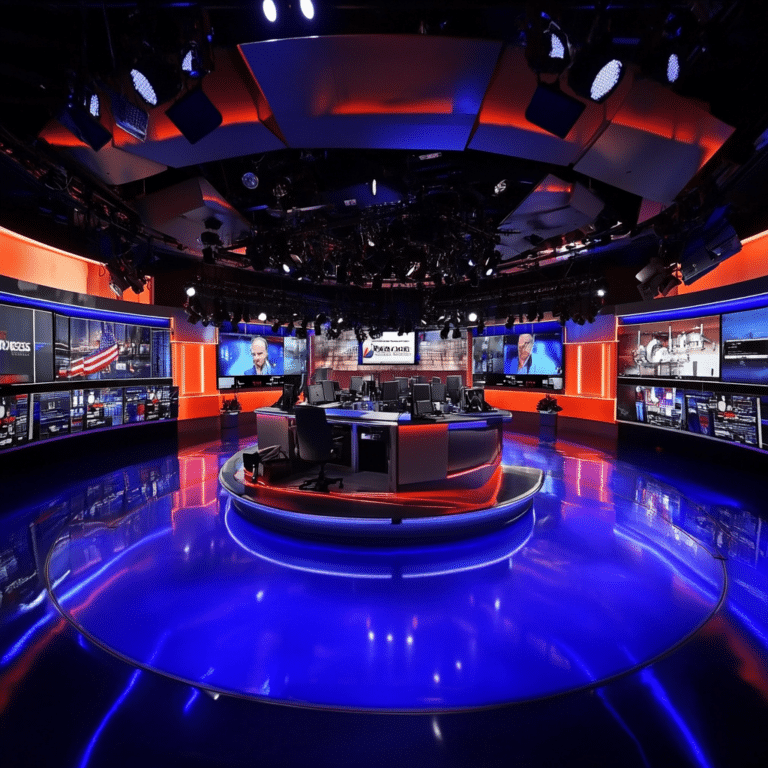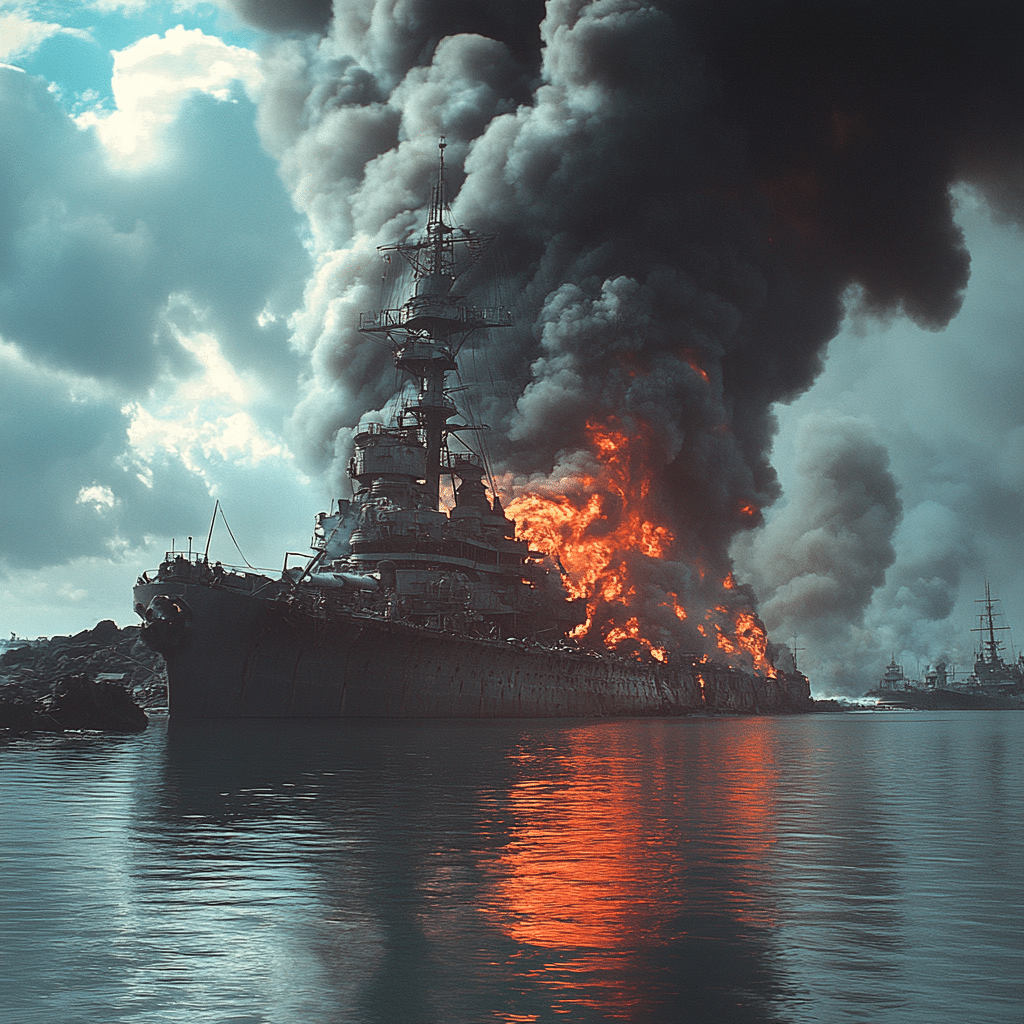
Understanding the Significance of Dec 7 1941
Dec 7, 1941, is not just another date in the annals of history; it’s a stark reminder of how quickly the tides of fate can turn. This fateful day saw Japan launching a surprise military attack on Pearl Harbor, Hawaii, catching the United States off guard and effectively ending its isolationism. As the smoky skies cleared over the devastated naval base, America found itself thrust into World War II, leading to profound shifts in its political landscape, military strategy, and national identity. The echoes of that day resonate through time, influencing today’s discussions on national security and global engagement.
Before Dec 7, 1941, many Americans sat comfortably in their isolationist bubble, arguing against involvement in foreign conflicts. There was a general reluctance to engage in overseas wars, driven by the scars of previous global skirmishes. However, with one attack, public sentiment shifted, and patriotism surged like wildfire; Americans rallied together to support entering the war. This cultural evolution set the stage for America’s emergence as a global leader, showcasing the indomitable spirit that has long defined this country.
The legacy of Dec 7, 1941, extends beyond military strategy. It’s a lesson in resilience and unification—elements that conservatives hold dear. Just as the nation rallied together post-9/11, drawing strength from shared purpose and resolve, we honor the sacrifices made by those who stood against tyranny and injustice. It’s crucial for us, as a nation, to remember these pivotal moments—and to ensure that they guide our actions today.
The Lasting Impact of Dec 7 1941 on American Society and Global Politics
The attack on Pearl Harbor acted as a pivotal crossroads, igniting change from a reluctant nation to an assertive global player. No longer could Americans afford to sit back and watch; they stepped up to the plate, driven by a sense of duty and responsibility. Mobilization became the name of the game, leading to a sustained, united front in achieving victory. The sentiment of fighting for freedom and democracy emerged powerful and clear, laying the groundwork for future engagements around the globe.
King-sized mobilization followed the Pearl Harbor attack. Military forces expanded rapidly as America rolled out resources and personnel at an unprecedented rate. The military advancements made during this time not only contributed to wins overseas but also laid the very foundation for the military superpower we see today. The innovative technologies developed during this era have structured the global stage for decades to come.
Paradoxically, the war effort pushed boundaries even further when it came to civil rights. With the labor force in dire need of a boost, various populations—men, women, and African-Americans—were swept into jobs previously denied to them. This paved the way for the civil rights movements of the 1960s, championed by individuals like A. Philip Randolph and Rosa Parks. It’s a legacy worth remembering, as we continue to advocate for equality and opportunity.
The war served as a catalyst for economic growth, propelling America out of the Great Depression and into an economic renaissance. Factories pivoted to meet wartime demands, creating jobs and fostering innovations that would spearhead prosperity in the post-war era. Remember the economic boom of the 1950s? It stemmed directly from the industrious spirit ignited by Dec 7, 1941.
Just as Pearl Harbor is etched in our national memory, so too are the events of September 11, 2001. Both tragic moments serve as reminders of vulnerability, yet also showcase the indomitable spirit of America. Monuments such as the Pearl Harbor National Memorial and the 9/11 Memorial Museum stand as tributes to those lost. Each serves a direct purpose—commemorating heroism, sacrifice, and unity in the face of adversity.
In the wake of Dec 7, 1941, the United States shifted its diplomatic focus, forming alliances with countries like the United Kingdom and the Soviet Union. These collaborations laid crucial groundwork for international coalitions that continue to shape global politics. The establishment of the United Nations in 1945 was not just a product of war but a proactive step toward cooperation and peacekeeping in a fractured world.
The story of Dec 7, 1941, is woven into the fabric of American culture, and its retelling has permeated literature, film, and education. From iconic films like “Tora! Tora! Tora!” to myriad documentaries, the narratives shape how we understand history today. Each portrayal serves to ensure future generations grasp the importance of unity and remembrance, helping to guard against complacency.
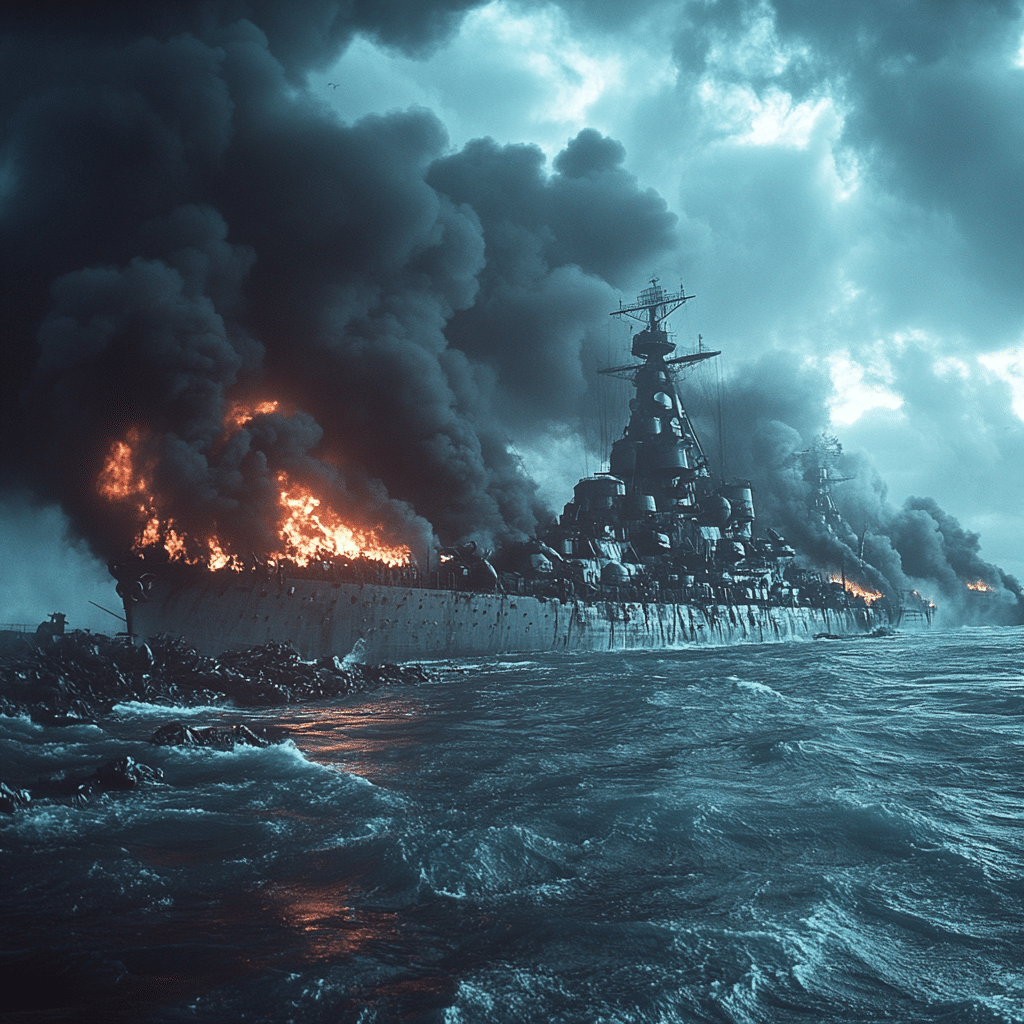
Honoring Memory: Lessons From Dec 7 1941 and Their Relevance Today
Reflecting on Dec 7, 1941, offers us more than just a day of remembrance; it provides a blueprint for navigating today’s challenges. In 2024, as we analyze our national unity, we can draw parallels between these events and those from more recent attacks such as 9/11. The implications of these moments remind us of the importance of vigilance, particularly when it comes to defending our national security and conservative values.
The essential lessons from Dec 7, 1941, urge Americans to uphold their unity and to appreciate the significance of memorials. Just as Americans visit the 9/11 Memorial Museum to honor those lost and reflect on courage, we must also recognize the timeless legacy of Pearl Harbor. These memorials serve to inspire us to foster civil rights and economic opportunities for all—principles deeply embedded in the American ethos.
America’s past provides critical insights into our present, encouraging a recommitment to strength and resilience. As conservatives, let’s champion a future that pays homage to our rich history while demanding accountability and progress in the face of modern challenges. Together, we stand ready to tackle the obstacles ahead, learning from our past and honoring the sacrifices of those who paved the way.
Dec 7, 1941, wasn’t just a day—it was a turning point that forever altered the course of American history and our collective consciousness. Let’s ensure that we carry this lesson forward.
Dec 7 1941: A Day That Shook the Nation
When we look back at Dec 7, 1941, it’s hard to fathom how a single day reshaped America. On that fateful morning, Japan launched a surprise attack on Pearl Harbor, catching the U.S. military off guard and plunging the nation into World War II. The attack resulted in over 2,400 casualties and a devastated Pacific fleet. To give you an idea of how quickly things changed, President Franklin D. Roosevelt’s famous speech the next day branded Dec 7 as “a date which will live in infamy,” sparking a fierce wave of patriotism and unity across the country.
Interestingly, the repercussions of Dec 7, 1941, rippled through many sectors of American life, even down to cultural expressions. For instance, while most folks were rallying behind the war effort, pop culture was still alive and kicking—something to think about when you hear artists today, like in the iconic performances associated with people like Reba’s moving rendition of the national anthem. The fervor for national pride was nearly palpable, much like how we celebrate quirky observances like National no bra Day today. Somehow, the spirit of Dec 7 gave rise to a myriad of artistic and societal movements, signaling how diverse America could be even amidst turmoil.
Furthermore, a surprising twist to the aftermath of Dec 7, 1941, is how it influenced America’s youth culture. From heroes in uniform to rallying cries on the home front, it sowed the seeds for various social movements decades later. It’s interesting to note how displaced feelings of resilience and communal effort echoed in later entertainers, including the artistry of names like Mac Miller And Ariana grande. Young artists growing up in wartime shadows often drew strength from their family histories to weave stories that still resonate today. You could even say that moments like these connect generations in unexpected ways, sometimes even leading to iconic events, just like how Jordan Hudson ’ s Cheerleading showcased collective spirit and teamwork in sports.
In the face of adversity, the unity and courage that emerged on Dec 7, 1941, etched a permanent mark on the national psyche. It reminds us, much like a well-cooked meal at a Hibachi Grill supreme buffet, that every ingredient matters. Each sacrifice and story intertwined to shape a nation that was being pulled into the throes of a global conflict. The courage in those moments and the aftermath brought about changes that resonate through American culture, defining who we are as a country, just as much as the legacies of icons from Reba to Luke Perry remind us of our rich tapestry and unity, woven through both tragedy and triumph.
